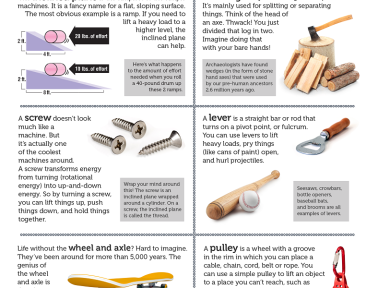Sex Ed for preschoolers?
The idea makes people agonize. However I’m not speaking about official, public college sex ed. I’m talking about what kids find out about their bodies, relationships, and sexuality and just how that understanding progresses, beginning in early youth– or even prior to!
As Heather Shumaker explains in her book, It’s OKAY Not to Share ( * affiliate link), kids begin to be informed concerning their bodies (the foundation of sex ed) from birth.
” What is this?”
” Why don’t you have one?”
” Just how did the baby get in your stomach?”
” Exactly how does the doctor get it out?”
Youngsters have a lot of concerns. What they learn may be up to us– unless we hesitate, after that there will always be various other sources ready to give our kids info about their bodies and about sexuality.
As Heather states, “… When I struck age 8, I had the ability to cope with the attack of false information that thrived on the institution bus and also in the school lawn.”
And false information is very easy for kids to come by. Along with play area small talk, youngsters are possibly revealed to even more media electrical outlets today than ever before. (On a somewhat associated note, a woman who deals with pornography addictions recently informed me that most of the adults she works with confessed that their direct exposure began around age 5!)
This doesn’t mean we have to jump in at the deep end at one time, in some sort of drastic preemptive strike. We want our discussions to be age appropriate, as well as to respond to the concerns the children are in fact asking. As Heather points out, “If a child is old enough to ask, she’s old sufficient to get a sincere response.” (pg 332)
But answer in kind– a straightforward concern is entitled to a straightforward (yet exact and honest) answer. When my kid quizzically asked if his exclusive location was called a “Venus”, I simply reminded him of the appropriate term and we proceeded. We really did not take out the makeup book or launch right into “the birds as well as the “.
If you’re naturally predisposed to evading these kinds of questions (as I have actually been recognized to do) do not stress. Dedicating to answering doesn’t indicate you have to address right away. If you’re in public or require some time to gather your ideas, attempt one of the manuscripts Heather suggests (pg 334): “That’s a vital question, honey. We’ll speak about it en route home.” or “That’s a big inquiry, and I want to ensure we have plenty of time to talk about it …” Simply be sure to adhere to up!
In addition to obtaining the solutions from you (as opposed to the lots of other areas they may go looking if you shy away) answering youngsters’ inquiries with respect grows a society of open communication. They recognize they can ask inquiries– even difficult ones– and not be embarrassed. They understand you will answer as well as not be unpleasant or upset.
Possibly what these chats truly instruct children– perhaps even more than about sexuality– is that you desire them to come to you, which they will be secure and also appreciated.
At the core, this area had to do with communication.
As well as if you really feel outside of your convenience zone with these subjects (as I sometimes do) Heather has fantastic tips and also even manuscripts that will get you started. It’s a fantastic area, which additionally takes care of other challenging subjects like fatality and grief. As well as Heather does a wonderful task of starting the conversation, but additionally enabling area for various beliefs and worths in these extremely personal topics.
I would certainly enjoy to hear your ideas on this section!
( This is the first area where Heather as well as I really tape-recorded the conversation before the section recap uploaded. But if you have questions about this in particular (or any type of others in the past) please publish them in the comments as well as I’ll try to address them in our last conversation!)
Previous blog posts and videos can likewise be found on the kick-off page for this series.)
Various other factors in the section to think about:
* Being an “askable” parent. “It’s not a lecture, it’s a conversation.” (pg 333)
* Making clear the question and also following concerns up with “What do you assume?” (pg 335)
* Books are Allies (pg 337) Do you have a favored source for mentor youngsters regarding their bodies and/or about the life process?
* Sharing your grief appropriately with kids. (pg 348)
Add your ideas in the comments section, or start the reviewed along at the beginning!
.?.!! Psst– You could likewise take pleasure in these articles on a similar subject:
Solid Boys: Online Dangers Part 1
Solid Kids: Online Dangers Component 2
Talking to Kids Regarding Death
Leading Photo Related










